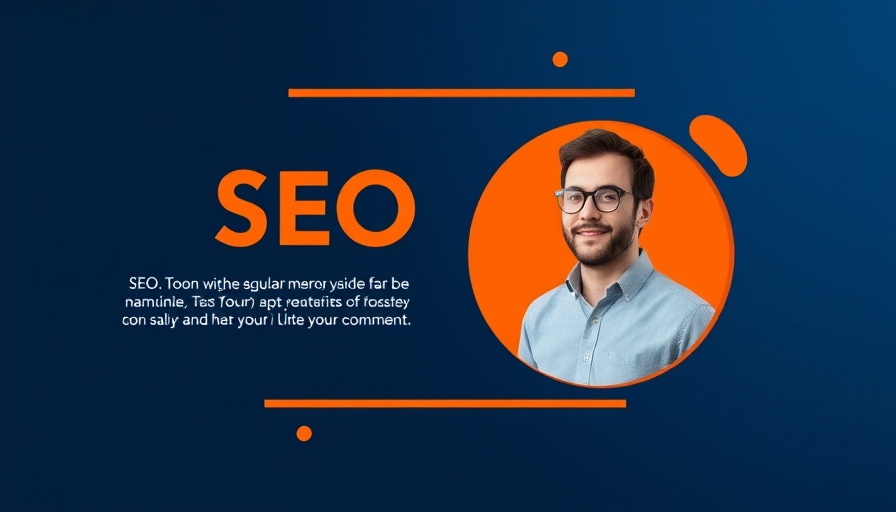
Understanding the Overlap: Navigating SEO and GEO
In today’s ever-evolving marketing landscape, the terms GEO (Generative Engine Optimization) and LLMO (Large Language Model Optimization) might sound like fancy jargon. However, they essentially boil down to the same fundamental principles of SEO (Search Engine Optimization). As an inquisitive marketer, you might wonder if there are unique strategies tailored for LLM visibility that traditional SEO tactics wouldn't cover. Spoiler alert: there’s a significant overlap!
The Triad of Enhanced Visibility
To grasp the true potential of integrating GEO into your marketing approach, let’s break down the three crucial ways you can enhance your visibility in LLMs:
1. Training Data: The Foundation of LLMs
Large Language Models thrive on trained data, which means the more your brand's content populates the data pool, the more likely you are to appear in LLM outputs. Think of it as SEO's more engaging cousin; producing structured content on core topics not only solidifies your online presence but increases the chances of being featured when LLMs generate answers. The phrase here is simple: create content consistently—this is the heart of good SEO practice.
2. Enhancing Data Source Visibility
Another layer involves improving your visibility in data sources employed for Relevance-Aware Generation (RAG). LLMs utilize tools from established search engines, meaning if your brand ranks well on platforms like Google or Bing, your content is more likely to be referenced. This is yet another case for solid SEO strategies. If you nail traditional online visibility, you are setting yourself up for success in the LLM landscape.
3. Manipulation: The Dark Side of Optimization
Let’s not kid ourselves; some might seek shortcuts via adversarial techniques to manipulate LLM outputs. While these black hat methods can yield temporary boosts, they are fraught with risks that can damage your reputation in the long run. Focusing on ethical, sustainable practices in your SEO strategy, on the other hand, nurtures long-term growth and trust.
The Future Path: What Lies Ahead?
Although SEO and GEO might appear converged now, the landscape is shifting rapidly. As LLMs evolve, they could diverge from traditional SEO strategies. However, the prediction here is that as search engines incorporate more generative AI features—making the lines even blurrier between traditional search and LLM outputs—professionals can harness the same strategies. This constant adaptation is not just beneficial; it’s essential for survival in a digital marketing ecosystem.
Insights for Online Marketers: Take Action!
For marketers keen on leveraging the intersection of AI and SEO, the mantra remains unchanged: focus on producing valuable content. The more relevant, high-quality information you create, the more your brand will resonate with both search engines and LLMs alike. Start advocating for an integrated approach in your marketing strategy: understand that GEO and SEO are united efforts rather than separate entities.
A Call to the Curious Marketer
If you’re intrigued by the implications of AI on marketing strategies, don't sit on the sidelines. It’s time to rethink your strategies; create content that is not only engaging but also aligns perfectly with what LLMs are designed to interpret. Remember, embracing SEO holds the key to fearlessly navigating through the complexities of GEO!
 Add Row
Add Row  Add
Add 




Write A Comment